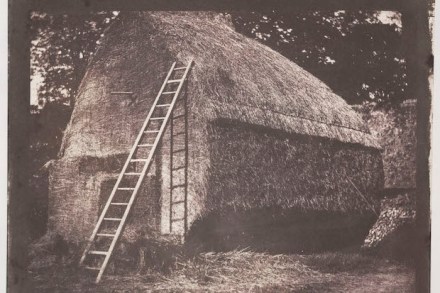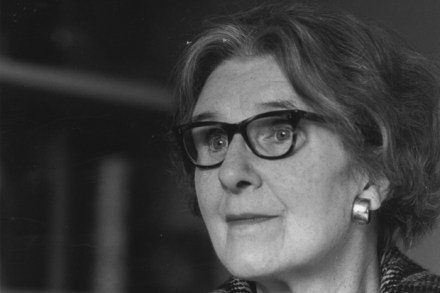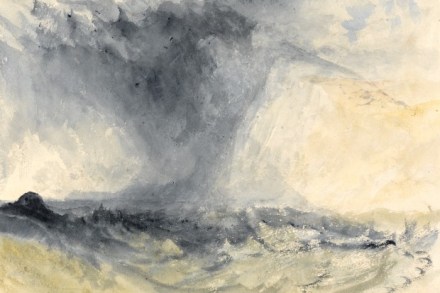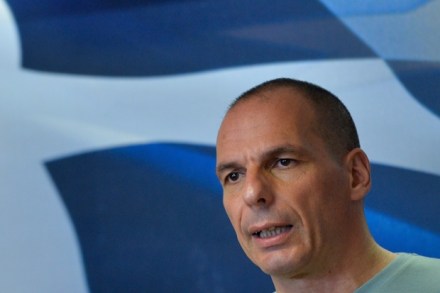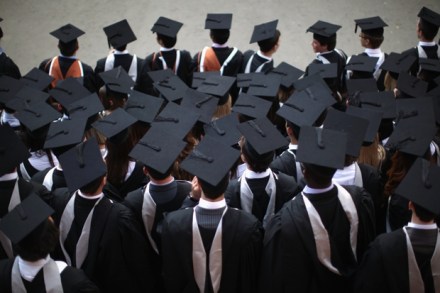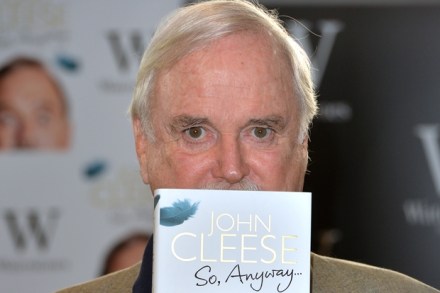‘Mother says I look like a sick ostrich’
Most modern biographers feed off celebrity like vampires let loose in a blood bank. That is why their books sell: they give readers the illusion of intimacy with people they will never know. Alexander Masters is different. He specialises in what one might call ‘marginal biography’, devoting hundreds of pages to individuals who live on the frayed edges of society, and often seem to be on the edge in other ways besides. In Stuart: A Life Backwards, he wrote about a sharp-witted down-and-out whose life had been damaged beyond repair; with Simon: The Genius in My Basement, his focus switched to a dropout mathematician who spent his days eating tinned


